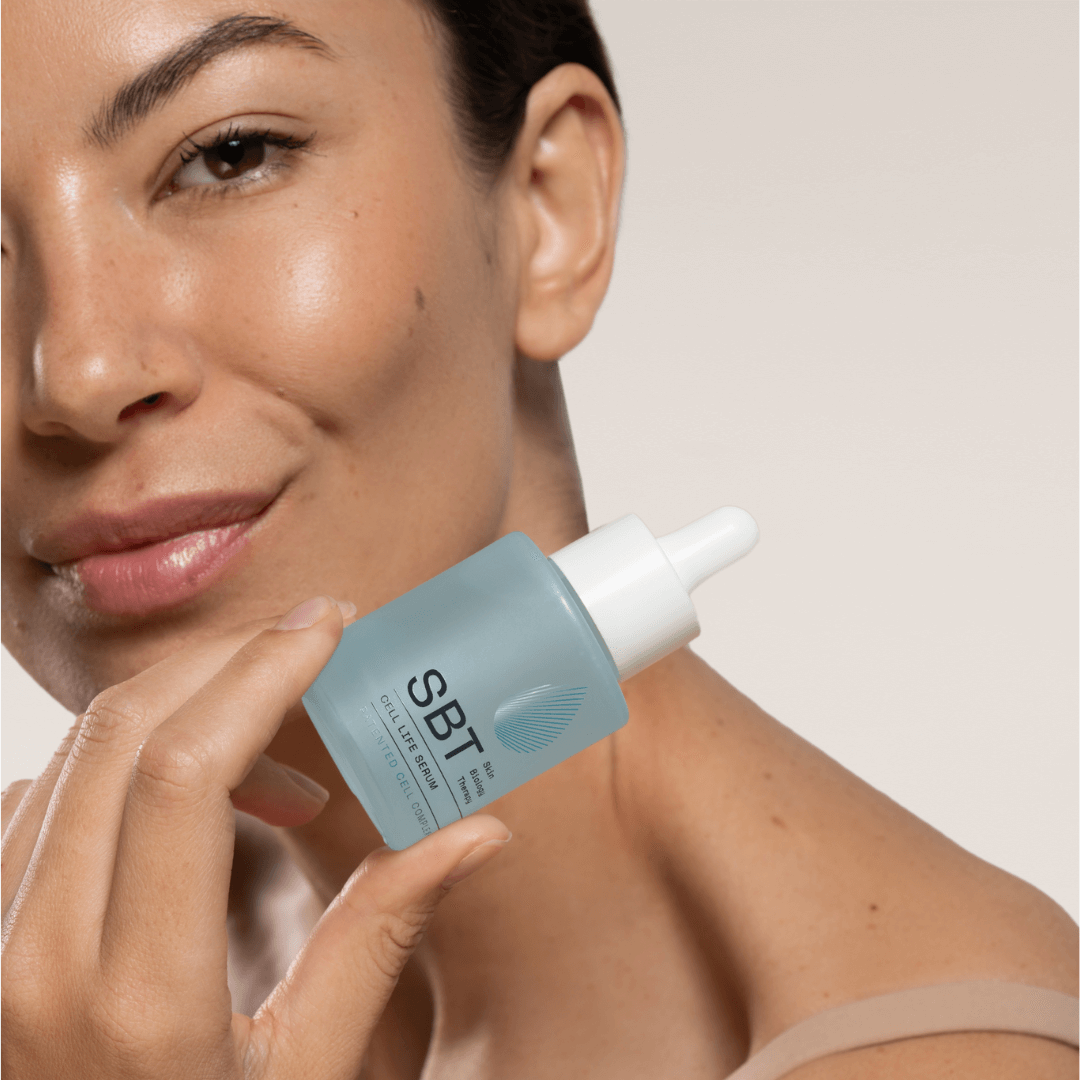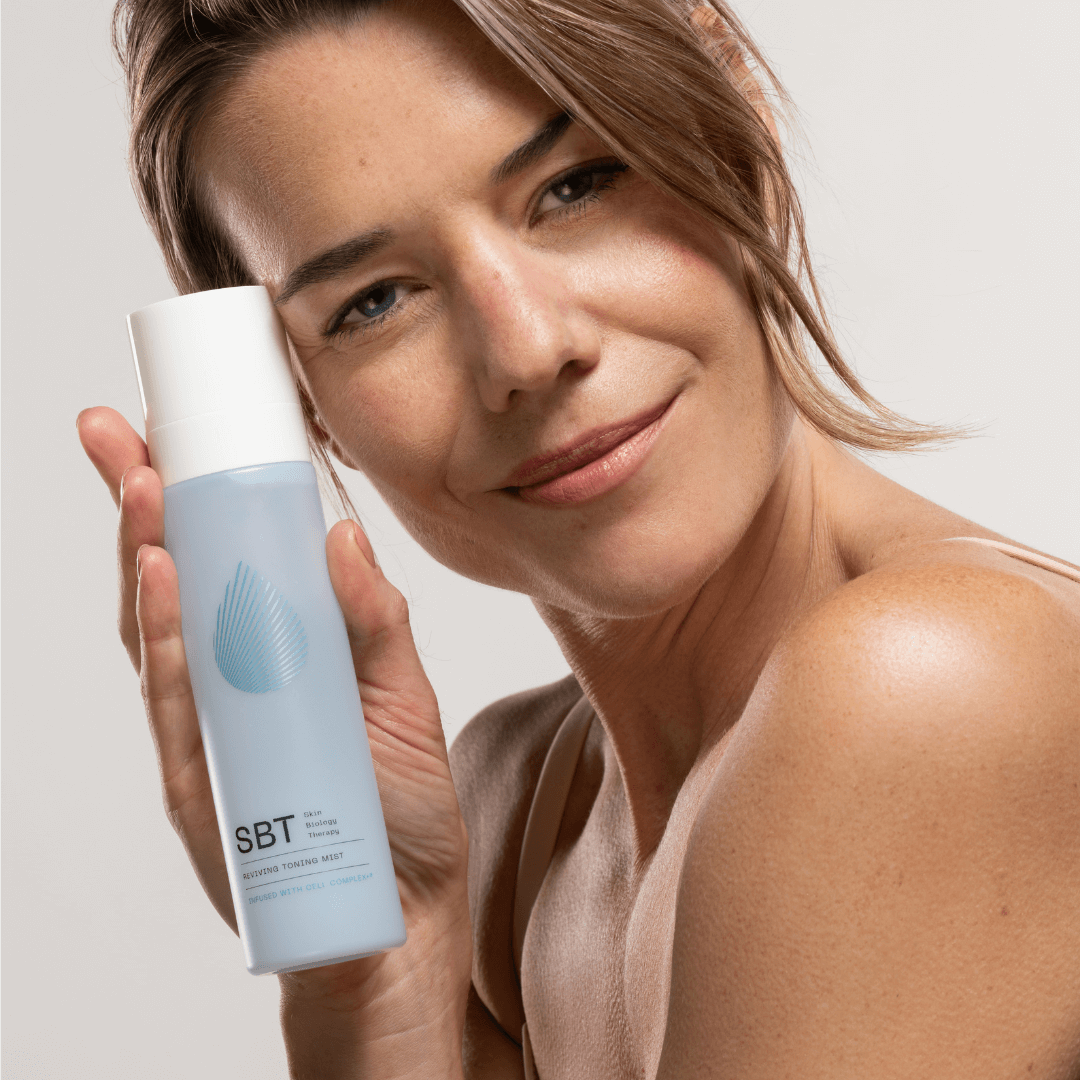The Truth About Retinol: What You Need to Know
If you’re looking to elevate your skincare routine, chances are you’ve heard of retinol. Touted as a game-changer in the beauty world, this powerful ingredient has the unique ability to target multiple skin concerns at once. From boosting collagen production to reducing fine lines, retinol is truly a powerhouse. But what exactly does it do, and how can it benefit your skin? Here’s everything you need to know about why retinol deserves a spot in your skincare regimen.

What is Retinol?
Retinol is a derivative of Vitamin A, an essential nutrient that plays a key role in cell turnover and skin regeneration. As we age, our skin’s natural cell turnover slows, which can lead to dullness, uneven skin tone, and fine lines. Retinol helps to counteract these effects by stimulating cell renewal and collagen production, allowing your skin to stay smoother, clearer, and more resilient.
Key Benefits of Retinol
1. Reduces Fine Lines and Wrinkles
One of the most celebrated benefits of retinol is its ability to reduce the appearance of fine lines and wrinkles. Retinol works by stimulating collagen production, which helps to keep your skin firm and plump. Over time, this can lead to smoother, more youthful-looking skin. With consistent use, retinol can help to soften even the deepest wrinkles, making it a must-have for anyone focused on anti-aging.
2. Improves Skin Texture and Tone
Uneven skin tone and rough texture can make skin appear dull and tired. Retinol helps to speed up cell turnover, effectively shedding dead skin cells and revealing fresher, brighter skin beneath. This process helps to smooth out rough patches, improve skin texture, and reduce pigmentation issues like dark spots, giving you a more even and radiant complexion.
3. Minimizes Pores
If you’re struggling with enlarged pores, retinol can be a valuable addition to your routine. By promoting cellular turnover and unclogging pores, retinol helps to keep your pores clear and reduces their appearance over time. As a result, skin looks smoother and more refined, with a visible improvement in texture.
4. Fights Acne and Prevents Breakouts
Retinol is also highly effective for treating acne. By encouraging faster skin cell turnover, retinol helps to prevent clogged pores, which are one of the main causes of breakouts. It also has anti-inflammatory properties, making it beneficial for reducing redness and swelling associated with acne. Additionally, because retinol addresses multiple acne causes, from oil buildup to dead skin cells, it can be an excellent choice for maintaining clearer skin.
5. Boosts Collagen and Elastin
Collagen and elastin are the proteins responsible for keeping our skin firm, elastic, and youthful. However, as we age, the production of these proteins naturally decreases. Retinol not only stimulates collagen production but also helps to protect existing collagen from breaking down. This dual action can improve skin elasticity and firmness, making skin more resilient and less prone to sagging over time.
6. Enhances Radiance
Retinol’s exfoliating effect can help reveal a brighter, more luminous complexion. By sloughing off dead skin cells, retinol ensures that your skin’s natural glow isn’t hidden beneath layers of buildup. With regular use, you’ll notice a more radiant complexion and an overall improvement in skin tone.

How to Use Retinol for Best Results:
While the benefits of retinol are impressive, it’s important to introduce it into your routine carefully. Here’s a quick guide on how to use retinol effectively:
- Start Slowly: Retinol is potent, so begin with a lower concentration and apply it just 1-2 times per week to allow your skin to adjust.
- Apply at Night: Since retinol can break down in sunlight, it’s best to apply it at night. Plus, your skin does its most intense repair work while you sleep, making nighttime an ideal period for retinol’s effects to take hold.
- Follow with Moisturizer: Retinol can be drying, especially in the beginning. Apply a hydrating moisturizer afterward to help maintain your skin’s moisture balance.
- Don’t Forget SPF: Retinol can make your skin more sensitive to the sun. Always follow up with a broad-spectrum sunscreen during the day to protect your skin.



